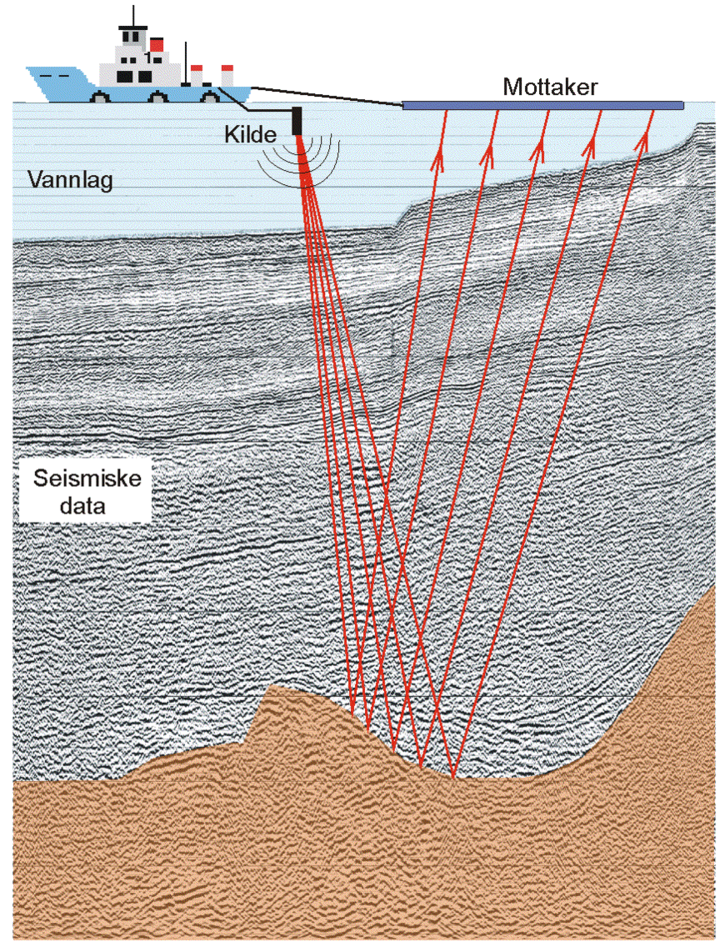All Categories
Featured
Table of Contents
What Is Geophysics And What Do Geophysicists Do? in Tuart Hill Western Australia 2021
This work is increasingly contracted out, so consultancies offer another source of work. Consultancy companies differ in size, from really little companies to big multinationals. Some consultancies are quite specialised in using specific geophysical strategies or working in specific locations, while others offer a more diverse series of services to their customers.
The extraction of gas from landfill websites is another location of employment and this may grow in the future. Expedition companies might undertake work for building and construction companies, water companies, mining companies and ecological agencies, so geophysicists might be used in any of these settings. Other employers consist of: geological surveysgovernment bodies and agenciesuniversities and research institutes.

Jobs may be listed in the oil and gas sector press. Recruitment is impacted by oil price fluctuations and the level of competition for positions varies depending upon this. Careers Days, which cover the full variety of geoscience professions and are typically gone to by a number of key industry companies, are run by The Geological Society.
Geophysicist: What Is It? And How To Become One? in Kewdale WA 2021
A few of the large oil and gas business use a full two-year structured training programme throughout the breadth of geophysics, including the chance to experience operate in various groups prior to specialising in one area. Your training may include work on: existing wellsmagnetic and gravitational possible field information analysisresearchrock analysis. Nevertheless, it's more usual for your initial training to be provided on the job.

There might be a probationary duration throughout which you work along with a knowledgeable coworker. Competency-based appraisals happen regularly in many firms. In smaller companies, and for academic posts, there is not likely to be any official training - you'll be anticipated to start work straightaway and choose up abilities as you go along.
If you work for a smaller business, you may discover that you require to take duty for arranging and moneying your own development and training. If you have a geology degree, membership of The Geological Society can be helpful for networking and for keeping up to date with the market.
Geophysical Survey - Durham University in Highgate Oz 2022
You may likewise find it helpful to join the PESGB (The Petroleum Expedition Society of Great Britain, which has a geophysics unique interest group. After a probationary period, and once you've gotten some experience, you might progress to senior geophysicist, then group leader and then into a senior function in management.
The ease of motion between functions depends on the business structure. Research study at Masters or Ph, D level in a subject associated to geophysics or geosciences might aid with your career advancement and development. The work market within the oil and gas industry is really based on rate and this may affect your opportunities for profession progression.
Not all tasks are reliant on the oil and gas industries. For skilled geophysicists, freelance consultancy offers a good path for profession development. You can likewise specialise in a specific location of geophysics. As a geophysicist, you're most likely to have several jobs throughout your working life. Global movement is essential for dealing with peaks and troughs in different nations at different times.
What Would I Be Doing As A Geophysicist? in Pickering Brook Aus 2020
From geophysics, it's possible to concentrate on seismology (finishing additional training to become a seismic interpreter) or to move into related locations such as engineering geology or threat prediction.
Deciding what to study in college is a tough option. Even if you understand that your field of interest lies in science, what program of study is right for you?
The first step to achieving your objective of ending up being a geophysicist is making a degree. Even for entry-level positions in the field of geoscience, you'll need a bachelor's degree (a geophysicist college degree) from a certified college or university. Geophysicists should be able to: examine rocks, photographs, and other pieces of information perform research study both in the field and in laboratories develop maps and charts of their findings write reports To achieve all this, trainees require a specialized education for geophysicist professions.
As specified above, you'll need a bachelor's degree in geoscience or a related discipline, such as a physical science or a life sciences, to land an entry-level job. Trainees can likewise prepare by majoring in topics like: Biology Chemistry Computer science Engineering Mathematics Physics The above geophysicist majors provide a more generalized technique to a single clinical discipline, however most programs require trainees to take one or more geology course.
Latest Posts
Where Can A Geophysicist Work Other Than The Oil Industry? in Ellenbrook Oz 2021
Geophysicist in Como Aus 2022
Geophysical Surveys Definition & Meaning In Stock ... in Karrinyup Aus 2022